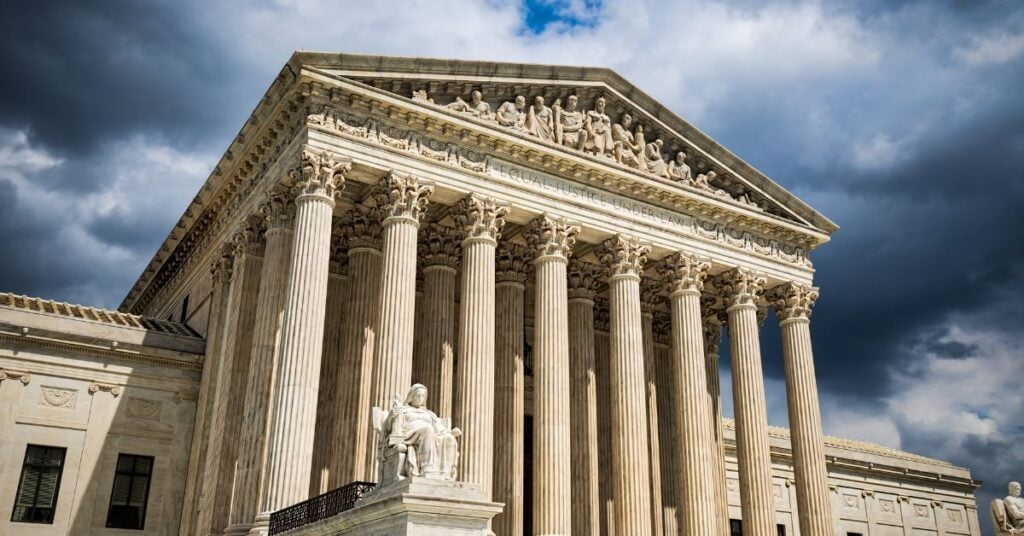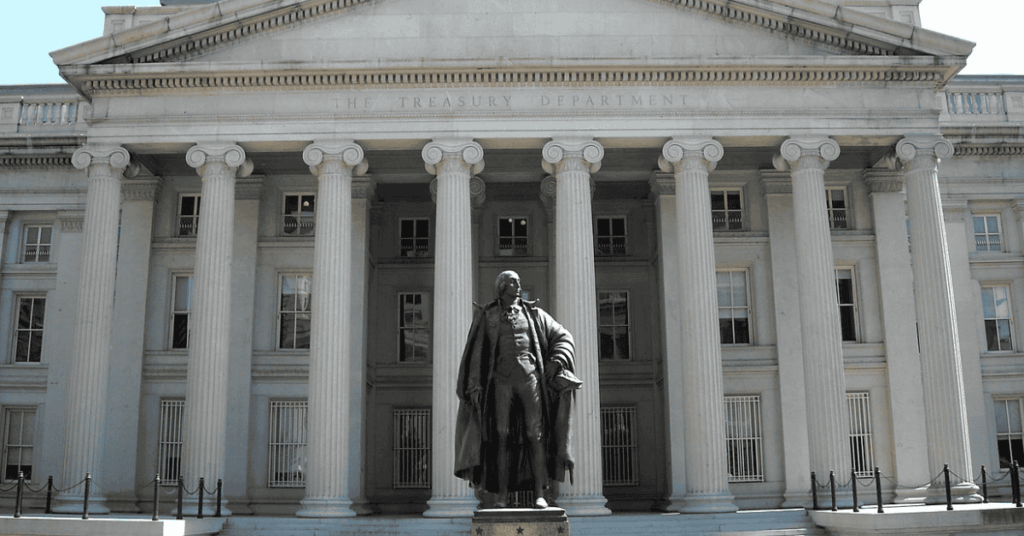Lawmakers often claim that they are “saving” taxpayers money by slashing federal spending, but the truth is that these cuts often are counterproductive and costly in the long-term. One type of budget-cutting has costs that are immediate and obvious—cuts to the IRS, the agency that collects the revenue that pays for federal spending. A new report from the Congressional Budget Office (CBO) confirms that lawmakers’ anti-government, IRS funding-cuts zeal has increased the deficit.
Spending $40 billion more on IRS tax enforcement to make sure everyone is paying what they owe would raise $103 billion, according to CBO. This means cracking down on individuals and corporations not paying what they owe would net $63 billion. The actual revenue impact would likely be even larger, as CBO explains that it did not account for indirect effects of increased enforcement, meaning some potential tax cheaters would decide not to even try it because they know that the IRS is stepping up enforcement.
To not provide this funding is a decision by federal lawmakers to walk away from at least $63 billion or more.
And Congress certainly has made that decision over the past decade. CBO notes that from 2010 through 2018, lawmakers cut the IRS budget 20 percent in inflation-adjusted dollars, resulting in a 22 percent staff reduction, including 30 percent of the IRS’s enforcement staff.
From afar, the decision to cut the IRS’s budget appears counterproductive and irrational. But on closer inspection, it is worse because the decline in enforcement occurs in ways that help high-income individuals and very large corporations.
For example, this is how CBO describes the resulting declines in the examination rate (the number of returns examined by the IRS divided by the number of returns filed) from 2010 through 2018:
For returns with more than $1 million in total income… the examination rate dropped from 8 percent in 2010 to 3 percent in 2018, a 63 percent decline. The examination rate for returns with total positive income of less than $200,000, accounting for over 95 percent of individual returns each year, dropped to 0.6 percent in 2018 from 1.0 percent in 2010, a 45 percent decline.
For corporations, CBO found something similar.
The rate of examination for corporations that reported assets of $20 billion or more declined to about 50 percent in 2018, down from almost 100 percent in 2010… For corporations with assets of less than $10 million, the examination rate fell to 0.6 percent from 1.1 percent.
For individuals with total positive income of less than $200,000, the IRS examined 1.4 percent of those claiming the Earned Income Tax Credit (EITC) in 2018 but only examined 0.4 percent of those not claiming the EITC. The report notes that the EITC’s rules are very complex and result in unintentional errors and also notes that audited EITC claimants “were less likely to claim the EITC or file taxes for a refund in subsequent years than were similar taxpayers who were not audited, even though only a small share of audited taxpayers were determined to be ineligible for the EITC.”
To recap the CBO’s findings: Congress cut the IRS’s budget, which resulted in less enforcement of tax laws. This disproportionately helped the richest individuals and largest corporations because the IRS continues to go after the low-hanging fruit, which are the low-income people who are now discouraged from using the tax credit designed to boost their income and encourage work. And don’t forget, this actually costs money.
The clear implication is that if Congress gives the IRS the tools it needs to do its job, the nation will have a fairer tax system and more money for public investments. For policymakers who aren’t shackled by anti-government beliefs, this should be a no-brainer.





